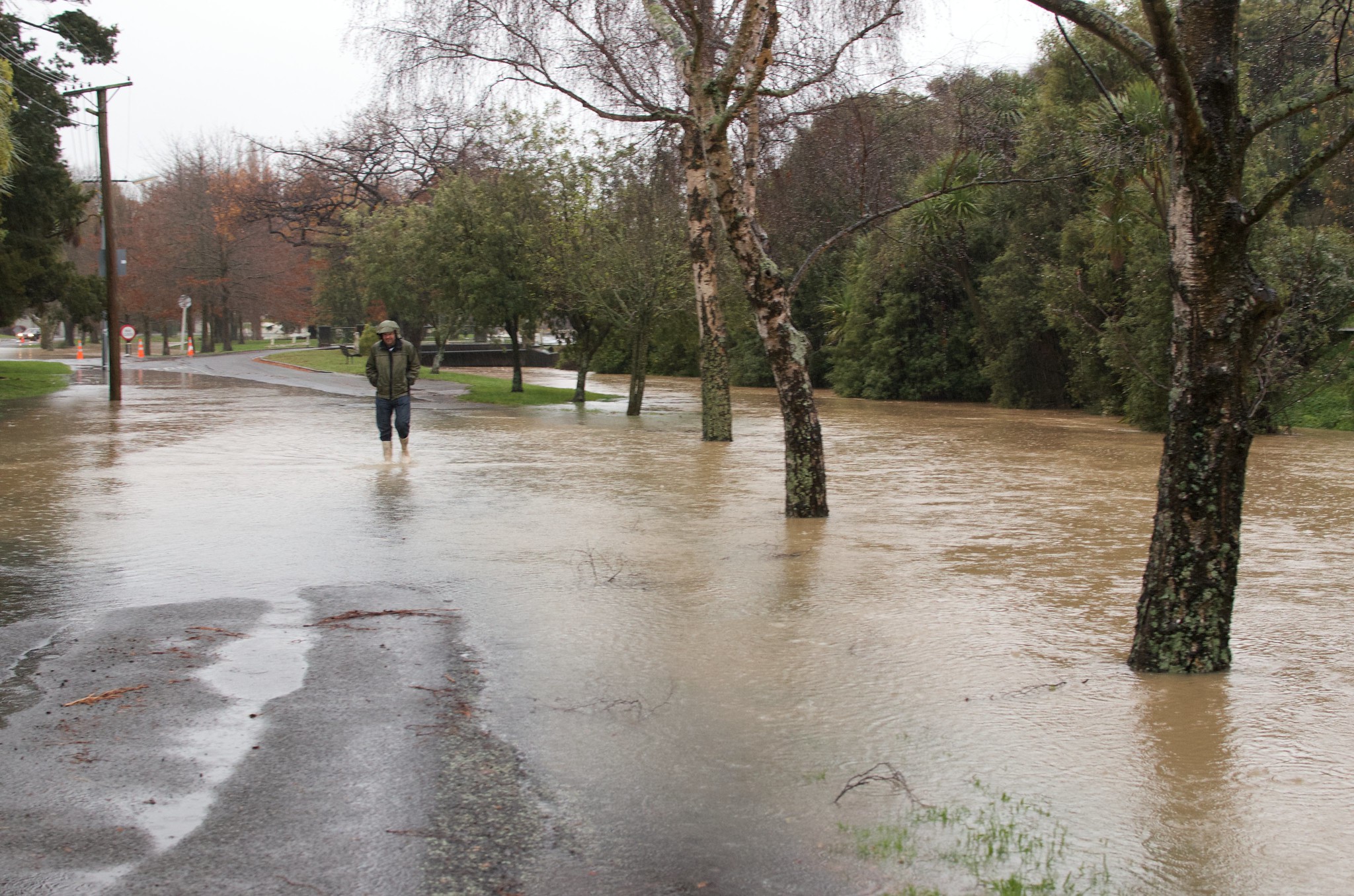News release
From:
Expert Reaction
These comments have been collated by the Science Media Centre to provide a variety of expert perspectives on this issue. Feel free to use these quotes in your stories. Views expressed are the personal opinions of the experts named. They do not represent the views of the SMC or any other organisation unless specifically stated.
Professor Iain White, Environmental Planning Programme, University of Waikato
While climate change is seen as contentious or partisan, our analysis of submissions on the National Adaptation Plan identified a number of clear areas of convergence. Diverse interest groups and organisations agreed on the type of future action, albeit sometimes for different reasons.
For example, almost everyone was supportive of the Government investing more in science to provide both authoritative national data sets and more local and culturally specific information. For the business sector, data helps strategic growth or investment decisions, for NGOs it helps understand risks and response, for communities it can stimulate the conversations needed for local adaptation. Data was seen as necessary to empower action, regardless of who took it, which is crucial as the more people act now, the lower potential liability for future governments.
Another example that received significant cross-sector support was working with the environment. On one hand, there was strong support for nature-based solutions at the site-scale that can help manage the effects of climate change, such as restoring coastal habitats. Others wanted to also see a more interconnected relationship with nature that restored the health of ecosystems and promoted biodiversity. Some local government submitters further emphasised how nature based adaptation can provide wider social or wellbeing benefits for communities.
However, there were also areas of disagreement. Many, particularly in the business sector, wanted to see adaptation occur, but largely in a "Business As Usual" way, so it's more a problem of tools or guidance. Others emphasised the need for more transformative change, addressing broader societal issues such as poverty and inequality, stressing that the ability, and need, to adapt is directly related to these.
We also see some groups were less represented in the consultation. Yet, issues like who pays and who stays for managed retreat demonstrate the need to connect with the diverse local communities impacted by these decisions. While there was a strong representation from industry and local government, there were much fewer submissions from youth or youth organisations, who are groups with the most at stake. Some submitters noted the lengthy and technical process. Others highlighted the need to go beyond traditional consultation for more comprehensive involvement of impacted groups, particularly Māori, Pasifika and disabled communities, in adaptation decision-making.
Looking across the consultation to identify broad patterns provides a timely insight into political possibilities and can feed into any future cross-party inquiry. It's a strong steer on where differing groups agree, where cross-party politics could focus on first, how to communicate the benefits of policy in different ways to different groups, and where more fundamental disagreement, or disengagement, might require further thought.



 New Zealand
New Zealand


